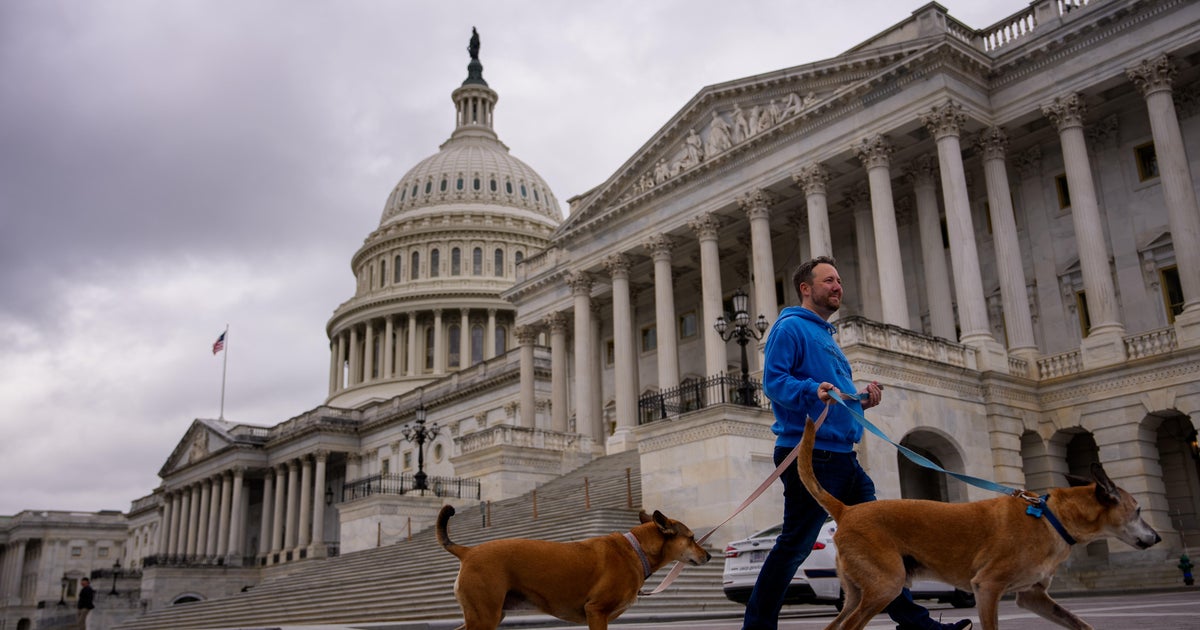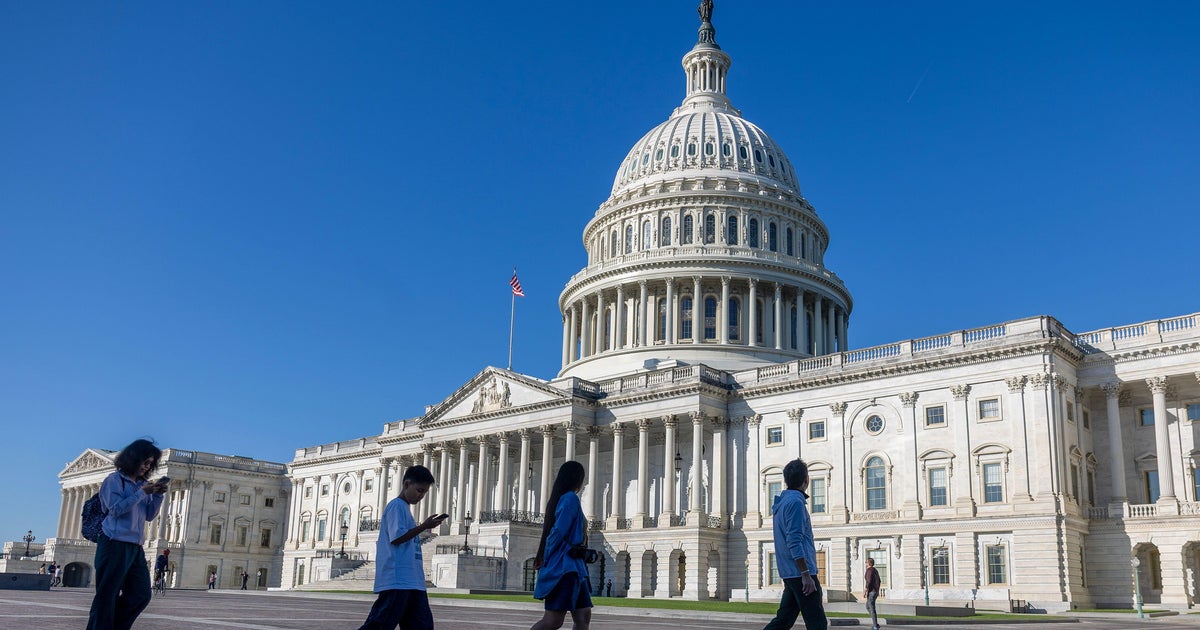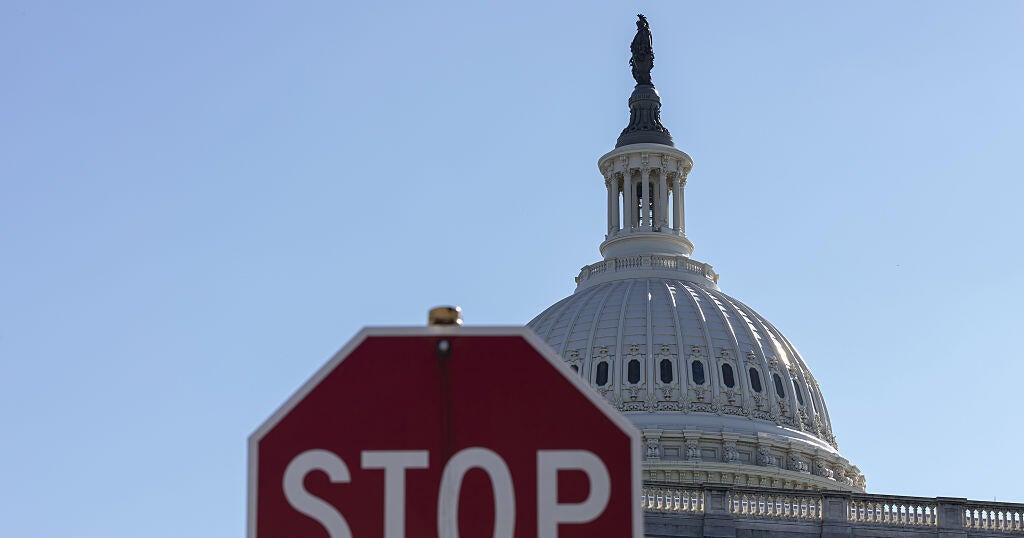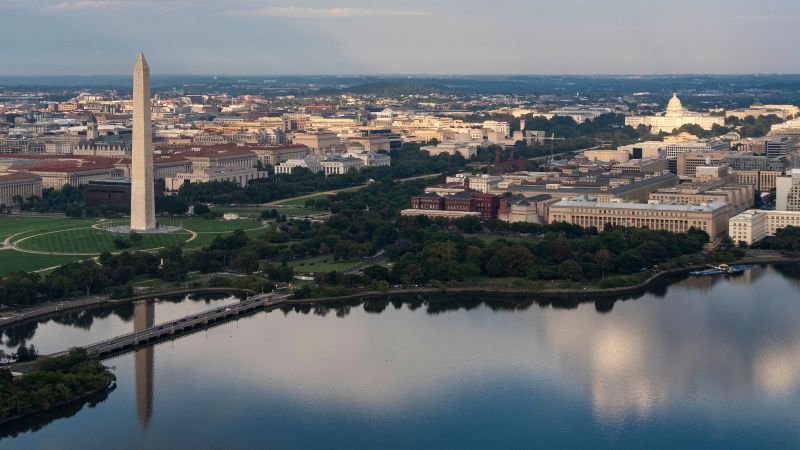US Government Shutdown Triggers Missed Paychecks for Federal Workers
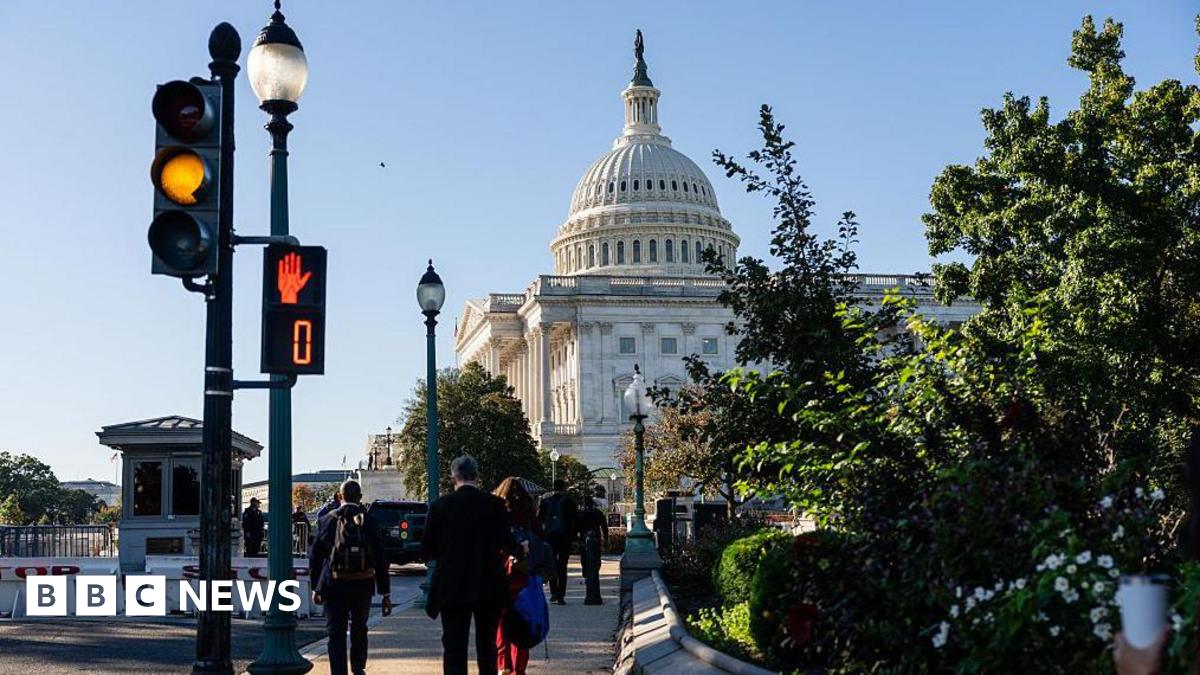
US Government Workers Miss First Full Paycheques
As the US government shutdown extends beyond three weeks, federal workers have now missed their first full paycheques, intensifying financial strain on thousands of employees. The stalemate in Congress shows no sign of resolution, with both parties unable to agree on funding, marking the second-longest government funding lapse in history. This impasse has halted pay for many essential workers who continue to serve without compensation.
Impact on Government Services and Families
The shutdown has forced suspension of numerous government services, affecting millions of Americans. Food assistance programs, including benefits for women, infants, and children, face imminent exhaustion of funds, threatening vulnerable families nationwide. Some large infrastructure projects have also been paused, further disrupting public services and economic activity. States warn that continued funding lapses will deepen hardship for those reliant on federal support.
Political Deadlock and Prospects
With the Senate adjourned until Monday and multiple failed votes on funding measures, the deadlock persists. Negotiations remain stalled despite calls for bipartisan agreement to reopen the government and restore paychecks. The ongoing shutdown underscores the urgent need for congressional compromise to prevent further economic and social fallout.
About the Organizations Mentioned
US Government
The **U.S. Government**, formally known as the Federal Government of the United States, is the national governing authority established by the U.S. Constitution, which has been in continuous effect since 1789[1][2]. It is composed of **three branches**—the legislative, executive, and judicial—each with distinct powers designed to ensure a system of checks and balances that prevents any single branch from gaining too much power[1][2]. The legislative branch, represented by the bicameral Congress (House of Representatives and Senate), creates laws. The executive branch, led by the President, enforces laws and manages federal agencies. The judicial branch, headed by the Supreme Court, interprets laws and can overturn those that violate the Constitution[1][2]. The federal government shares sovereignty with the 50 states and recognizes Indigenous tribes' sovereign powers, reflecting a complex balance of authority[1]. Its foundational document, the Constitution, including the Bill of Rights, guarantees fundamental freedoms such as speech, religion, and the right to bear arms, shaping American civil liberties[3]. Historically, the U.S. Government was created to unify the states under a federal system that balances power across branches and levels of government, fostering stability and democratic governance for over two centuries[1]. Key achievements include establishing a stable federal republic, creating a system that has adapted through amendments and legislation, and maintaining global leadership in technology, business, and innovation through federal policies and agencies. In the contemporary context, the government continues to evolve amid challenges such as public trust issues and political polarization[8]. It oversees vast operations spanning defense, economic policy, technology regulation, and public services. Recent political agendas, such as Project 2025, illustrate ongoing debates over executive power and government structure, highlighting tensions around federal authority and civil liberties[5][10]. Notably, the U.S. Government’s structure serves as a model for state governments and influences democratic institutions worldwide. Its role in regulating technology, business,
Senate
The **United States Senate** includes several key committees critical to business and technology policy, notably the *Senate Committee on Small Business and Entrepreneurship* and the *Senate Committee on Commerce, Science, and Transportation*. These committees play pivotal roles in shaping legislation that impacts small businesses, innovation, technology development, and commerce nationwide. The **Senate Committee on Small Business and Entrepreneurship** advocates for small businesses by overseeing the Small Business Administration (SBA), which provides capital access, education, technical assistance, and federal contracting opportunities to small enterprises. This committee’s historical role has been to ensure the vitality of small businesses, which are essential to the American economy. Recent efforts include bipartisan reforms targeting SBA program efficiency, fraud prevention related to pandemic aid, and support for entrepreneurship in underserved communities. They also focus on programs like the Small Business Innovation Research (SBIR) and Small Business Technology Transfer (STTR), which connect federal agencies with private entrepreneurs to accelerate research and development in critical tech areas, thereby maintaining U.S. technological leadership[1][4][5][8]. The **Senate Committee on Commerce, Science, and Transportation** is one of the largest Senate committees, overseeing broad sectors including consumer protection, economic development, manufacturing, trade, science, and transportation infrastructure. It addresses emerging technologies, environmental issues like climate change, and space exploration, both government-funded and private. This committee significantly influences national business practices, product safety, competitiveness, and innovation ecosystems, affecting industries from maritime to digital technology[2][7]. Notable recent activities include Senate hearings on Big Tech antitrust and competition policies, emphasizing the need to regulate dominant technology firms to foster innovation and protect consumers and workers. This aligns with broader legislative efforts addressing artificial intelligence and technological competitiveness in 2025[6][10]. In summary, the Senate’s organizational structure and committees serve as crucial instruments in shaping U.S. business and technology landscapes. Through oversight, legislation, and reform initiatives, they support small businesses, promote innovation
Congress
The United States Congress is the legislative branch of the federal government, playing a pivotal role in shaping the nation's policies and laws. As a bicameral legislature, it consists of the House of Representatives and the Senate, each with distinct responsibilities. The House represents congressional districts, while the Senate represents states, ensuring diverse perspectives are heard. **History and Structure:** Congress has a rich history, evolving over time to reflect the nation's demographic changes and political shifts. It is structured into committees that specialize in various policy areas, facilitating the legislative process. The National Archives and Records Administration maintains historical records of Congress, highlighting its ongoing role in governance. **Key Achievements:** Throughout its history, Congress has achieved numerous milestones, including landmark legislation such as the Civil Rights Act and the Affordable Care Act. It has also played a significant role in shaping the nation's economic policies, influencing business and technological advancements. **Current Status:** The 119th Congress, which convened in January 2025, marks significant changes with a Republican majority in both chambers. This setup has implications for policy-making, especially in areas like healthcare and technology regulation. The current Congress is also notable for its diversity, being the most racially and ethnically diverse in history. **Notable Aspects:** - **Diversity and Representation:** The 119th Congress is the most diverse in U.S. history, with increased representation from diverse ethnic backgrounds and the inclusion of the first openly transgender federal legislator. - **Technological Integration:** Congress uses technology to enhance legislative processes, such as through platforms like Congress.gov, which provides access to legislative information and resources. - **Economic Impact:** Congress's decisions have profound impacts on business and technology sectors, influencing regulatory environments and investment opportunities. In summary, the U.S. Congress is a dynamic institution that plays a crucial role in shaping the nation's policies, laws, and economic landscape. Its ongoing evolution reflects the changing needs and demographics of the country, making it a vital



